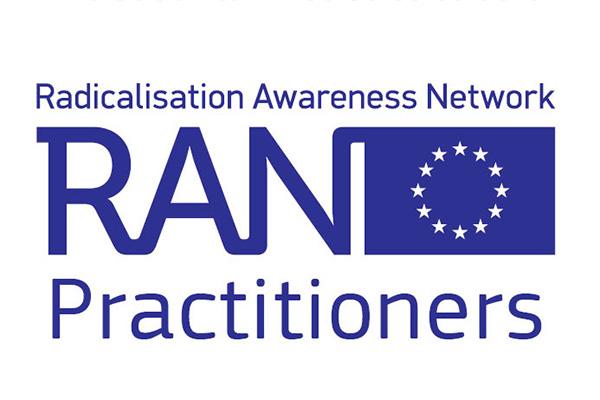
Aim and background
The Russian war of aggression against Ukraine since February 2022 has immensely impacted not only Ukraine but European societies with issues ranging from migration to energy crisis and inflation, and from the spread of disinformation to the general feeling of instability and uncertainty.
The involvement of individuals from EU Member States with violent extremist backgrounds in the war could also present potential challenges once these individuals return to their home countries. Adding a layer of complexity, the long-term aftereffects related to the inherent violence of the war also impact those European citizens who joined the conflict but without ties to violent extremism. Similarly, the short-, mid- and long-term consequences of smear campaigns against Ukrainian refugees, pervasive Russian disinformation and propaganda attempts aiming at undermining public acceptance of EU support for Ukraine, and extremist narratives surrounding the war lead to increased polarisation within society which also severely impacts P/CVE dynamics in Europe. In this regard, a significant aspect to be considered is the growing relevance of pro- and anti-Russian narratives and mobilisation in the local European right-wing extremist (RWE) scenes characterised by a growing divide among RWE actors and their position on the war.
The event will provide an overview of the latest research and practice findings on the effects of the Russian war of aggression on P/CVE. It will further provide ample opportunity to network and exchange information with researchers, policymakers and first-line practitioners while discussing real life cases and examples from daily practice.
The event will address the following questions:
- What is known about individuals with extremist motivations travelling from the EU to be fighters in the war zone since 2022? How are they different from those who joined since 2014? What are the threats and consequences for P/CVE stemming from their potential return to their local communities?
- What is the impact of pro- and anti-Russian narratives on extremist scenes across the EU and how is this affecting radicalisation/polarisation patterns and P/CVE responses at the local level?
- What other spill-over effect of the war is felt at local level in the EU and neighbouring communities and what P/CVE responses are needed? What are the key polarising factors and what groups are most vulnerable?
- How can national and local P/CVE strategies as well as P/CVE practices be adapted to better cope with new developments, address grievances and polarisation factors, and strengthen social cohesion? What insights from research are needed/can be capitalised on?
- How can better integrated information sharing and diagnosis capacity between the local and national levels with respect to new and emerging political conflicts and polarisation trends be achieved?
Practical information
If you are interested in attending this event, please register here no later than 29 March. After registering, you will receive the necessary documents for travel and accommodation.
If you have any questions related to this event, contact RAN Staff Rositsa [dot] dzehkova violence-prevention-network [dot] de (Rositsa Dzhekova), r [dot] scheele
violence-prevention-network [dot] de (Rositsa Dzhekova), r [dot] scheele radaradvies [dot] nl (Rik Scheele), niv [dot] zonis
radaradvies [dot] nl (Rik Scheele), niv [dot] zonis violence-prevention-network [dot] de (Niv Zonis) or hawa [dot] zitzmann
violence-prevention-network [dot] de (Niv Zonis) or hawa [dot] zitzmann violence-prevention-network [dot] de (Hawa Noor Zitzmann).
violence-prevention-network [dot] de (Hawa Noor Zitzmann).
Sources
Details
- Publication date
- 21 March 2023
- Author
- Directorate-General for Migration and Home Affairs
- Location
- Brussels
